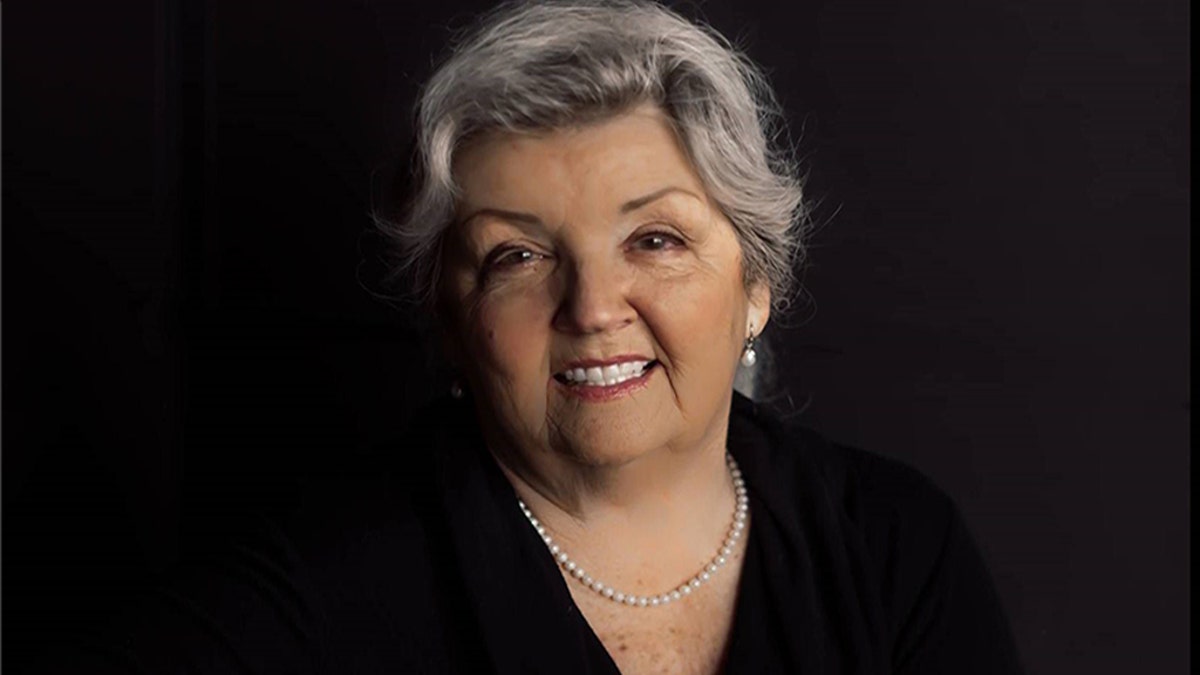Juanita Broaddrick on why it's time for Bill's comeuppance
Woman who accused Bill Clinton of rape speaks out on 'The Ingraham Angle.'
Media Angle is a column offering perspectives on today's media landscape from the newsmakers themselves.
NBC News’ Lisa Myers interviewed Juanita Broaddrick for “Dateline” on the day Bill Clinton was impeached by the House of Representatives in 1998. Broaddrick said in the interview that she had been raped by Bill Clinton in 1978, but NBC did not air the explosive interview until after the president was acquitted by the Senate in February 1999.
When the interview finally aired, NBC’s Stone Phillips set it up by saying, in part, “to some, this is an old and unprovable accusation that should never have been circulated to begin with.”
Broaddrick thinks #MeToo-era media would have handled things differently.
DON LEMON'S ASSAULT ACCUSER SAYS CNN ANCHOR A 'LIAR AND HYPOCRITE' WITH #METOO COVERAGE
MEDIA ANGLE: How did the mainstream press treat your rape accusations against Bill Clinton compared to the way they have treated accusers during the #MeToo movement?
The difference in the media’s response in the ’90s compared to the explosion of the #MeToo movement in 2017 was social media, especially Twitter. The 1990s press were in complete control of what was believed or not believed. If Twitter had been available in the 90s, when I was outed by the Paula Jones suit, I would have had a voice instead of relying on the press. After my NBC “Dateline” interview in 1999, I was attacked relentlessly by the Clinton-liberal media. They were scandal-weary with all of Bill Clinton’s excessive womanizing and couldn’t handle a rape allegation.
I went back into the realm of the silent victim until late 2015 when I heard about a tweet by Hillary Clinton.
I couldn’t believe what I was reading. Did she really say that? I was completely overcome with anger. Hillary Clinton of all people! I had to say something but didn’t know how. The press had shunned me for years. I had heard about Twitter and joined a couple years earlier but really didn’t understand how to use it.
So, what do senior citizens do when they want to learn social media? Call your grandchildren. My 12-year-old grandson walked me through it, not knowing what I wanted to tweet.
On [Feb. 6, 2016], I tweeted, “I was 35 yo when Bill Clinton, the Arkansas AG, raped me and Hillary tried to silence me. I am now 73….and it never goes away.” I clicked tweet and all hell broke loose. I had not said anything new. That same media from the 90s ... now wanted to talk to me.
One week later, “You have the right to be believed”, was removed from Hillary’s website.

Juanita Broderick didn’t have Twitter to defend herself against the media in 1999. (Juanita Broderick)
PRO-TRUMP MEME KING CARPE DONKTUM EXPLAINS HIS MEDIUM: 'HATE IS POISON TO COMEDY'
MEDIA ANGLE: Has anyone in the press reached out to you personally to apologize or explain the way they covered you and your rape accusations at the time?
Not to me personally, but they started writing articles and making comments beginning in November 2017. Here are a few of the many:
Chris Hayes, MSNBC, “Bill Clinton is overdue for a real reckoning of the allegations against him.”
Michelle Goldberg, New York Times: “I Believe Juanita."
Caitlin Flanagan, The Atlantic: "Bill Clinton: A Reckoning.”
I could not believe the turnaround. I was appreciative but also wanted to say, “What was it about the word ‘rape’ you did not understand back then?”
EX-CNN DARLING MICHAEL AVENATTI CONVICTED OF TRYING TO EXTORT NIKE
![- FILE PHOTO - Juanita Broaddrick (R) of Van Buren, Arkansas with Bill Clinton and unidentified residents of her retirement home, in 1978. President Clinton's lawyer is denying the Arkansas woman's charge that Clinton sexually assaulted her more than 20 years ago when he was the state's attorney general. [Juanita Broaddrick's account first appeared in a column on the editorial page of Friday's Wall Street Journal. In an interview with the Washington Post published February 20, Broaddrick said Clinton, then 31, forced himself on her in a Little Rock hotel room in 1978.] (B&W ONLY) - PBEAHULWICG](https://a57.foxnews.com/static.foxnews.com/foxnews.com/content/uploads/2018/09/1200/675/RTXIS6J.jpg?ve=1&tl=1)
Juanita Broaddrick (R) with Bill Clinton and unidentified residents of her retirement home, in 1978. (Reuters)
CNN RIDICULED FOR REPORT THAT TRUMP WON’T APOLOGIZE AFTER IMPEACHMENT ACQUITTAL
MEDIA ANGLE: You were critical of the way the mainstream media fawned over Michael Avenatti before his fall from grace. What did you see in him that others did not?
Avenatti exhibited everything I could remember about “overbearing male chauvinism” in the 70s through the 90s. His whole persona was just that, creepy and overbearing. It reminded me when older women in my family and community would say, “Men will be men, just deal with it."
It was unbelievable the liberal media was buying it. How could they be that dumb? Was it because he posed a danger to Trump? Of course, it was. Avenatti was the epitome of the “ambulance chaser and used car salesman” of a bygone era. Why couldn’t they see through him? Or did they?
CLICK HERE TO GET THE FOX NEWS APP
MEDIA ANGLE: You have a unique perspective on the modern impeachment process. How has the coverage of President Trump’s impeachment differed from that of President Clinton’s?
It had everything to do with exposure. The media cast doubts on the credible allegations of the lurid, sexual predatory nature of Bill Clinton, including sexual assault, exposure and rape. Compare that to the all-out, full-frontal attack on Trump, without any credibility.
Again, I must refer to social media. What if I had been on Twitter in 1998, '99? Would the outcome have been different if I could have tweeted?




















